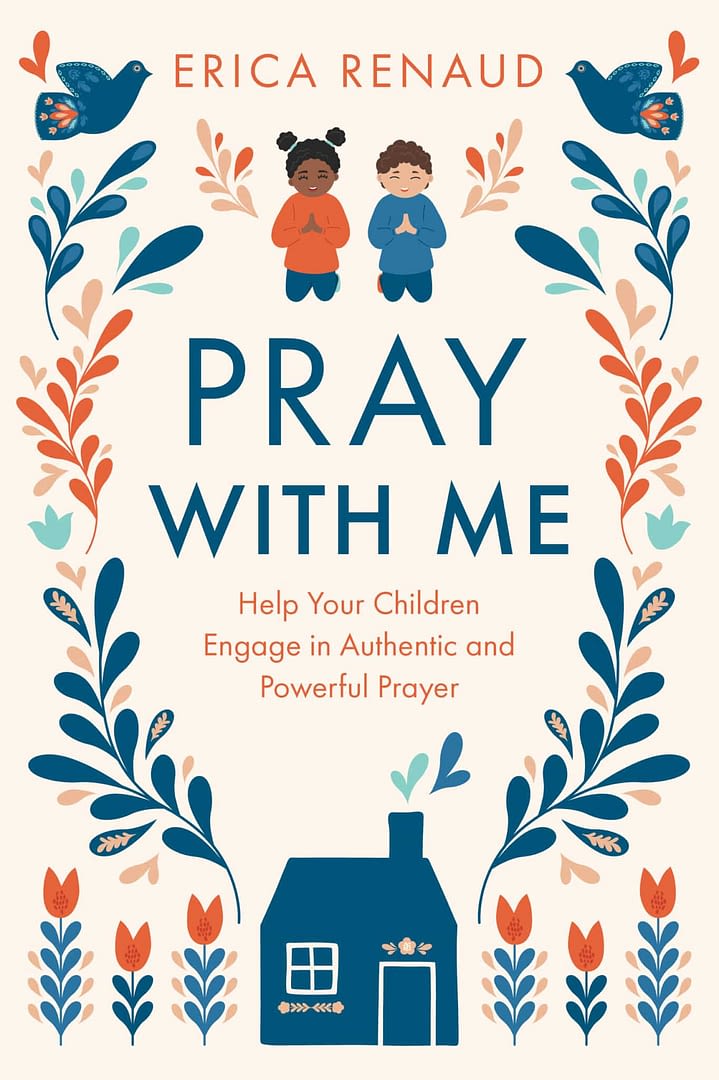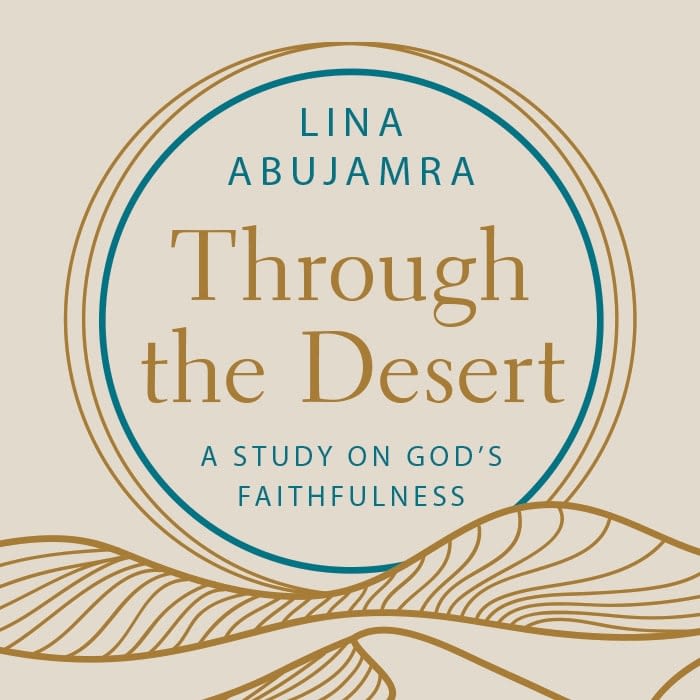Are you a sister? I have the privilege of being a big sister to two younger sisters and a younger brother, and I remember well what it’s like to feel responsible for a younger sibling.
I will never forget the first time my parents went out and left me in charge of all of them. I’m guessing I was ten years old. After the finger-wagging lecture I received before they left, I was terrified! As I remember, I made them all sit in our living room the whole time. We played games, colored pictures, had snacks, and may have watched our little black and white TV, but I didn’t let them out of my sight.
Fortunately, my mother never told me to watch my younger brother as he floated down a river in a basket! But that is exactly what happened to Miriam in the Bible. She was the older sister of a very special baby boy. But before we talk about this particular event, let’s look at her backstory.
Who Was Miriam in the Bible?
Miriam and her family were Israelites, from the tribe of Levi, living in Egypt. Their people had lived peacefully in that land for more than two hundred years.
Then, “a new king arose over Egypt, who did not know Joseph [nor the history of his accomplishments]. He said to his people, ‘Behold, the people of the sons of Israel are too many and too mighty for us [they greatly outnumber us]’” (Ex. 1: 8–9 AMP).
So, the Egyptians oppressed the people and forced them into slave labor. When that didn’t work, the command went out to kill all the baby boys. “But the midwives feared God [with profound reverence] and did not do as the king of Egypt commanded, but they let the boy babies live. . . . So God was good to the midwives, and the people [of Israel] multiplied and became very strong” (vv. 17, 20).
Finally, the king commanded all the boy babies to be thrown into the Nile River and drowned. Horrific! Being the mother of a boy myself, I cannot begin to imagine how the people felt when they heard the decree.
Miriam’s mother, Jochebed, delivered a baby boy and of course, she couldn’t bear to think of killing him.
So, what did she do? “She hid him for three months [to protect him from the Egyptians]. When she could no longer hide him, she got him a basket (chest) made of papyrus reeds and covered it with tar and pitch [making it waterproof]. Then she put the child in it and set it among the reeds by the bank of the Nile. And his sister [Miriam] stood some distance away to find out what would happen to him” (Exodus 2:2–4, AMP).
Who would want Miriam’s job? She was walking along the bank of the river watching the little basket bob along. I’m thinking, it’s Egypt. There were probably alligators or other dangerous animals in the water, or maybe there were boats carrying law-abiding citizens who may have heard a crying baby and easily tipped the basket over to drown the boy hidden inside. I imagine Jochebed at home, praying and probably weeping.
What was Miriam thinking or how was she praying as she watched her baby brother, Moses, float down the Nile river in a basket? Did she know the place where the king’s daughter bathed in the river? Did she help guide the basket toward them? Or did the wind of the Holy Spirit blow the basket toward the Egyptian women? We will have to wait for the answers to these questions until we get to heaven.
For now, we see a young girl’s tenacious obedience to her mother. The floating basket stuck in the reeds caught the attention of the king’s daughter. She “sent her maid [to get it], and she brought it to her. When she opened it, she saw the child, and behold, the baby was crying. And she took pity on him and said, ‘This is one of the Hebrews’ children’” (Exodus 2:6).
Lesson One: Fear God Rather than Man
While Miriam could have hidden away in fear, Scripture tells us Miriam courageously popped right up and offered to get a nurse for her baby brother, even though this could have put her life at risk. Very gutsy!
As a Hebrew, Miriam was considered one of Pharaoh’s slaves. It took tremendous moxie for Miriam to take moral action and approach this woman who could have had her killed. God help us be bold like Miriam!
“Yes, find a nurse,” answered Pharaoh’s daughter. So, Miriam ran to fetch her mother. Imagine the surprise and great relief of Jochebed when Miriam came running home with the news that her baby was saved! They both scrambled right back to the river to collect the baby. The king’s daughter actually offered to pay her for nursing him . . . her own son! Isn’t that just like God. We give Him something, He takes it, and gives back to us even more.
Scripture tells us the child grew, and when he was ready, his mother presented him to Pharaoh’s daughter, and she adopted him as her son! She named him Moses.
Miriam served God by obeying her mother, determining to protect the baby, showing courage before Pharaoh’s daughter, and suggesting her own mother as nurse. Because of Miriam, Moses lived and saved God’s people! Jochebed decided to fear God rather than obey the rule of the land, just like the midwives had. God blessed the midwives, and He obviously blessed Jochebed and Miriam by saving the life of Moses.
The takeaway: From the example of her mother and the midwives, young Miriam was taught to fear God rather than man. Are we living like Miriam?
Lesson Two: We Can Choose to Worship
Fast forward eighty-plus years. Miriam and her other brother, Aaron, have helped Moses in his assignment to free God’s people. They followed him in the great exodus, through the miraculous crossing of the Red Sea, toward the land of promise.
Immediately after the Egyptian soldiers were drowned, scholars suggest Miriam and Moses together wrote the first worship song recorded in Scripture to celebrate. “Then Miriam the prophetess, the sister of Aaron [and Moses], took a timbrel in her hand, and all the women followed her with timbrels and dancing. Miriam answered them, ‘Sing to the LORD, for He has triumphed gloriously and is highly exalted; The horse and its rider He has hurled into the sea’” (Ex. 15: 20–21).

Two important things we learn about Miriam here. She is the first woman ever to be called a prophetessin Scripture. In Hebrew, that can mean a woman who prophesies, an inspired woman, a poetess, or perhaps a prophet’s wife (Strong’s Concordance, #H5031). Next, she leads the women in worship! As a follower of God, she both prophesies and worships Him with exuberant praise and thanksgiving.
The takeaway: Am I like Miriam, listening to God’s voice and worshiping Him?
Lesson Three: When We Fail, We Can Still Find Forgiveness
Have you ever failed—badly? Have you been so frustrated you said things in anger or gossiped, not thinking of the ramifications?
When we jump forward a few grueling years in the wilderness, we find Miriam having what must have been a bad day, or was it a bad week, or perhaps even a year. The whole camp was tired of eating manna and living in tents. There was grumbling all around her. People missed the comforts of Egypt. It started small enough.
Miriam and Aaron fussed about Moses’ wife, whom they apparently didn’t like. Family can be that way. Then they grumbled about Moses, but worse, they complained about hearing from God! “They said, ‘Has the Lord really spoken only through Moses? Has He not spoken also through us?’ And the LORD heard it” (Numbers 12:2). As if God couldn’t hear them! But He did, and He called all three siblings to the Tent of Meeting. It was a family gathering, and two of them were in BIG trouble. God was not happy!
Miriam had temporarily lost her respect for Moses and her reverence for God. The sin was self-importance and pride. She forgot to honor what God honors. As a consequence for her sin, God struck her body with leprosy.
As I read through this part of her story, I am brokenhearted. How many times have I forgotten to honor what God honors? How many times have I harshly judged people, unfairly criticized, and gossiped? And I have done these things after years of knowing and serving God. This failing can happen to anyone.
What happened to Miriam? Get this—her brothers prayed for her! Aaron begged Moses to forgive their foolishness and sin (Num. 12:11). Moses cried to God to heal his sister (v. 13). And God listened. But, He still put her in “time out” for seven days. She remained in quarantine outside the camp, and then her disease was healed. She was restored to health and to the family, when the one she offended interceded for her.
Isn’t that just what Jesus did for us? Like Miriam, we may have failed in our faith journey. Jesus, our Savior, offers the hope of forgiveness and restoration. The very One we have offended, the Lord, is the One who prays for us.
The takeaway: Miriam’s story reminds us to be courageous and loyal, to fear God rather than man, to follow God’s plan, to worship Him boldly, and when we fail, run to the Savior who intercedes for us, so we are forgiven and restored.
SOLI DEO GLORIA
Ready to Be Inspired by Even More Great Women of the Bible?
After you’ve had a chance to prayerfully reflect on the story of Miriam in the Bible, be sure to check out these related articles for even more encouraging stories and lessons from the famous women of the Bible!
- Eve’s Importance for Us Today
- Sarah’s Impatience
- The Story of Rachel Reminds Us to Pray, Trust, and Wait
Visit this link to see a complete list of all the Inspiring Women of the Bible we’ve covered so far on the Esther Press website. Alternately, you can find our top recommendations for Bible Studies on Women in the Bible here.

Do the Thing
Do the Thing offers go-getter girls a powerful manifesto steeped in biblical insight and encouraging stories to help women pursue their passions and prioritize goals so they can create with the confidence of a go-getter girl.

Pray with Me
This grace-filled, practical book on praying with your kids empowers you to teach children how they can develop a personal relationship with God through prayer.
Scripture quotations marked AMP are taken from the Amplified® Bible (AMP), Copyright © 2015 by The Lockman Foundation. Used by permission. www.lockman.org.




